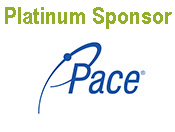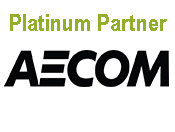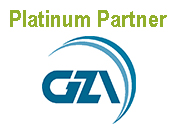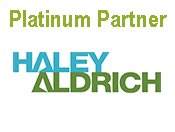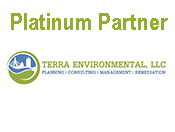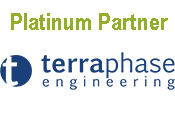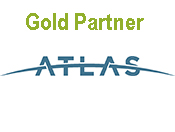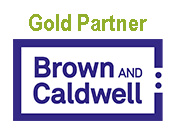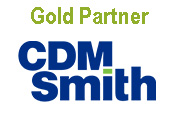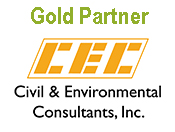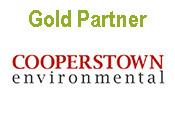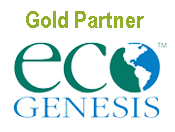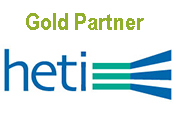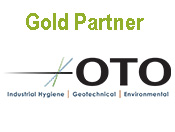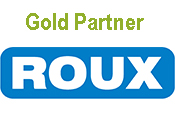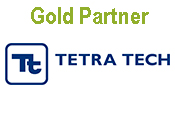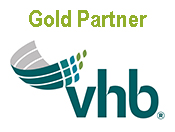|
LSPA December 2021 Membership Meeting: Correlation of Lead Arsenate Use at Orchards and Drinking Water Contamination
Tuesday, December 14, 2021, 3:45 PM - 5:00 PM EDT
Category: Membership Meeting
LSPA December 2021 Membership Meeting:
Correlation of Lead Arsenate Use at Orchards and Drinking Water Contamination
The LSPA cordially invites you to the LSPA December 2021 Membership Meeting on Tuesday, December 14, 2021, which will be held virtually from 3:45 PM to 5:00 PM using the Zoom Webinar platform.
When: Tuesday, December 14, 2021
Time: 3:45 PM - 5:00 PM EST (Please note: registration closes 15 minutes prior to the start of the webinar.)
Live Webinar via Zoom
Important Registration Note: Registration for LSPA webinars requires a two-step process. 1) Complete the LSPA registration, and 2) In your LSPA confirmation email, you will receive a link to a Zoom "Webinar Registration". You must also complete this registration in order to receive the webinar link, and reminder emails with course materials.
Presenters:
- Meredith J. Metcalf, Associate Professor, Environmental Earth Science, Eastern Connecticut State University, Willimantic, CT
- Gary A. Robbins, Professor of Geology, Department of Natural Resources and the Environment, University of Connecticut, Storrs, CT
View Presenter Biographies
This membership meeting presentation has been submitted to the LSP Board of Registration for 1.0 LSP Technical credit.
Presentation Description:
To evaluate the potential association between arsenic contamination and orchards, the presenters, in cooperation with the Connecticut Department of Energy and Environmental Protection, initiated a study in Eastern Connecticut that entailed groundwater sampling of domestic wells and soil sampling on nearby orchards or former orchards. That study revealed that elevated levels of lead and arsenic are still present in soil at current or former orchard sites dating back to the period when lead arsenate was sprayed. They also found a statistically significant correlation between the groundwater contamination and distance to nearby orchards. This past summer, the presenters initiated a hydrogeologic study of the arsenic contamination in the Town of Weston, CT to evaluate whether former or current orchards are the source of the arsenic.
The program will discuss research efforts and outcomes to date; although the work was conducted in Connecticut, the situations and findings are applicable to Massachusetts where the past use of lead arsenates in orchards is a persistent issue confronted by LSPs working with clients on former agricultural land. The research findings can inform and assist LSPs as they conduct assessment and consider remediation at sites with high levels of arsenic.
The prevalence of lead arsenate use at orchards in Massachusetts is virtually the same as in CT, and correlates with high levels of arsenic in drinking water wells in central and eastern Massachusetts. If the findings of the proposed field work validate the orchard-groundwater contamination relationship, results will help state regulatory authorities and local health officials address the risk of arsenic contamination in relation to property history and location. This information can also assist LSPs and other practitioners to better assess site risk and the need for remediation and mitigation measures.
At the end of the presentation, there will be ten minutes for Questions and Answers.
3:45 PM Welcome, Announcements, and Sponsors
3:50 PM Contribution to the Practice Awards
3:55 PM Speaker Introductions
4:00 PM Program Begins
5:00 PM Presentation Ends
If you are not currently a member of the LSPA, please consider joining for cost savings and many other benefits. Click here for more information.
|

 Prev Month
Prev Month View Month
View Month Search
Search Go to Month
Go to Month Next Month
Next Month
 Export Event
Export Event 